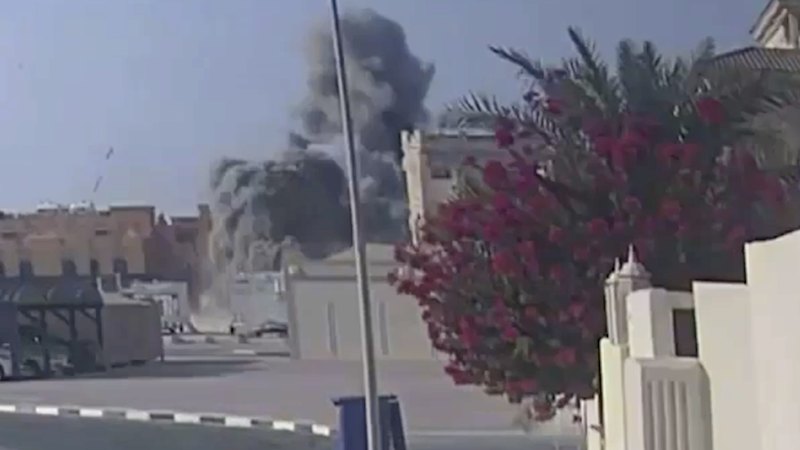
A recent Israeli military strike in Qatar has sparked widespread debate regarding the erosion of international laws governing wartime conduct. The operation targeted personnel linked to Hamas, the militant group responsible for the October 7 attacks on Israel. Critics argue that such unilateral actions pose a significant threat to the existing framework of international norms and principles, resulting in a troubling environment where might prevails over justice.
Implications of Unilateral Military Actions
The strike underscores a troubling shift towards a world where powerful nations act without regard for established rules. This trend is evident in various conflicts around the globe, including Russia’s ongoing aggression in Ukraine, and China’s assertiveness in the South China Sea against Filipino vessels. In these instances, governments justify their use of force based on perceived rights, often disregarding the consequences for global stability.
The Israeli government, led by Prime Minister Benjamin Netanyahu, has faced criticism for its approach to military engagement. The attack on Hamas figures in Qatar raises moral and legal questions about the legitimacy of conducting military operations in a country with which Israel is not formally at war. Such actions create precedents that other nations may follow, potentially leading to a further breakdown of international order.
The Erosion of Diplomatic Channels
Qatar has historically served as a neutral ground for negotiations involving various factions in the Middle East, including Hamas. The recent strike not only jeopardizes Qatar’s role in mediating conflicts but also complicates future diplomatic efforts. Any Hamas leader now faces the daunting prospect of being targeted rather than negotiating in good faith, undermining the potential for peace.
The international community previously condemned similar actions, as seen in the fallout from the assassination of former Russian spy Sergei Skripal in the UK by Russian agents in 2018. The use of a nerve agent drew widespread outrage, highlighting the importance of accountability and restraint in international relations. The fear now is that nations may feel emboldened to act with similar impunity, leading to a destabilized world order.
The conflict’s impact extends beyond immediate military engagements. Australia’s position, along with other nations that rely on a stable global framework, is at risk due to these actions. The United Nations Charter explicitly calls for member states to refrain from using force against the territorial integrity of other nations, yet these principles are increasingly ignored.
The potential for further escalation remains a concern. If countries like China follow suit and target dissidents abroad, as evidenced by past threats against former Hong Kong citizens, the implications for global security become chilling.
As nations grapple with the aftermath of such military actions, it becomes clear that the current climate is not sustainable. The actions taken by the Israeli government in Qatar, coupled with those of other global powers, highlight an urgent need for a reassessment of international relations and the mechanisms meant to uphold peace.
In light of these developments, leaders must engage in a serious discourse about how to navigate an increasingly fragmented world. While reactions may vary from support to condemnation, it is vital to recognize the larger pattern of aggressive nationalism and the weakening of international institutions like the UN. A re-evaluation of foreign policy priorities could be necessary to adapt to these new challenges and ensure a more stable global environment for all nations involved.







